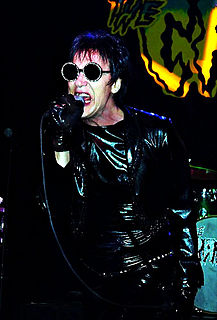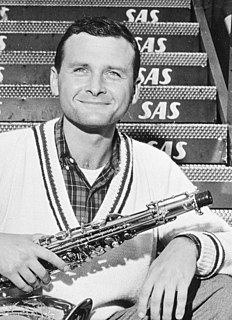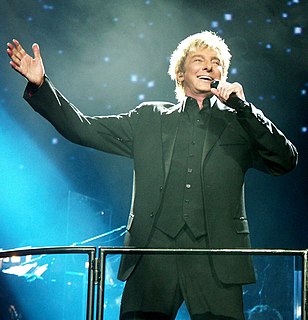A Quote by Jason Isbell
The good thing about songwriting is you don't have to delineate between what's true and what's fiction; records aren't put on the shelf that way. Books are, movies are, but records aren't.
Related Quotes
For me, promotional thing about some new album coming out destroys a lot of the excitement of making records. Records, movies, books - they're not supposed to be like math books. The purpose of them is to kind of take us out of ourselves and give us some sort of alternate experience or respite. To try to maximize the relationship of listening to a record through promotion is like experiencing driving a car by reading about stimulus programs. It kind of defeats the purpose.
Mainly horror movies and exploitation movies and a lot of stuff comes from those press books from those old movies. Lines out of old movies, comic books that we collect, all the old horror comics of the 50s, probably about the only comics that we collect are obscure horror comics, the real sick ones from the 50s. Some stuff comes from there but mainly just old records, old rockabilly records and that stuff, singles mainly, 45s.
Most of the time I don't force records. I'm not one of these guys that put records out every nine, 10 months. I'm pretty long between records. I've only had a few in my career. I kind of wait until I feel I have really strong songs. I don't know if they're going to change the world or not, but I dig 'em, and if I dig 'em we make a record.


































